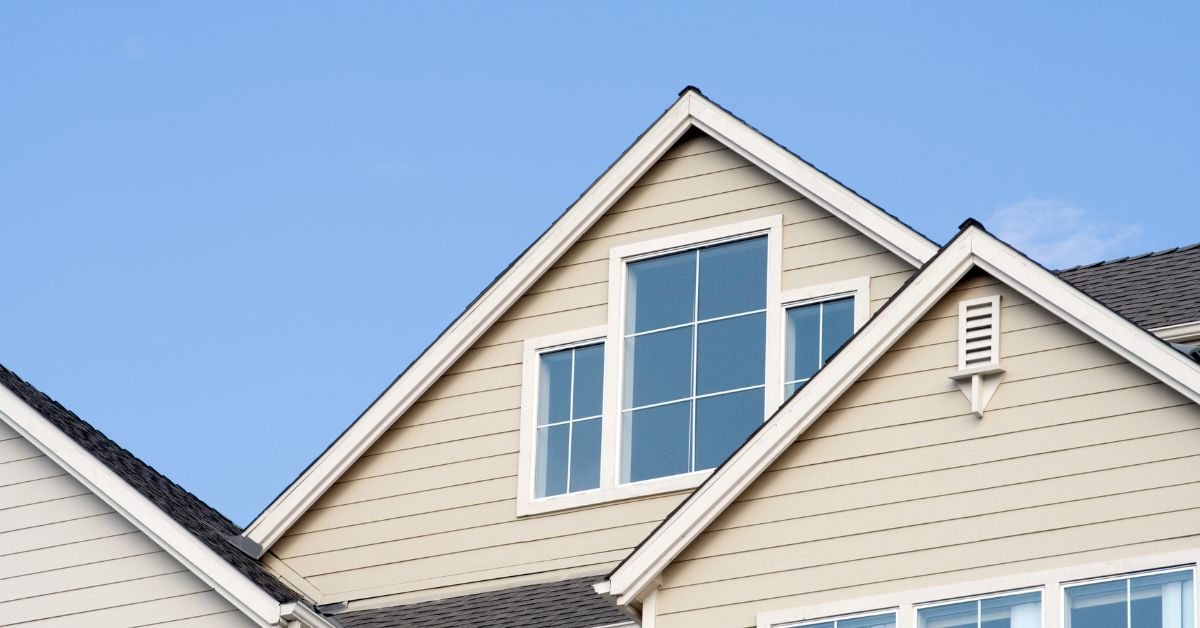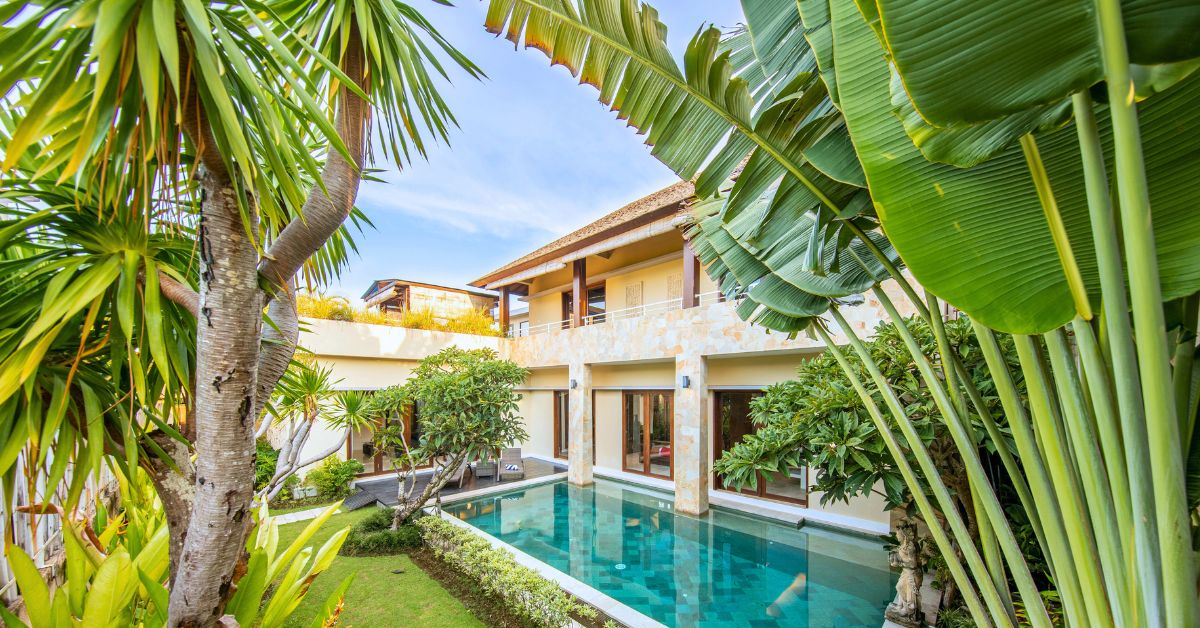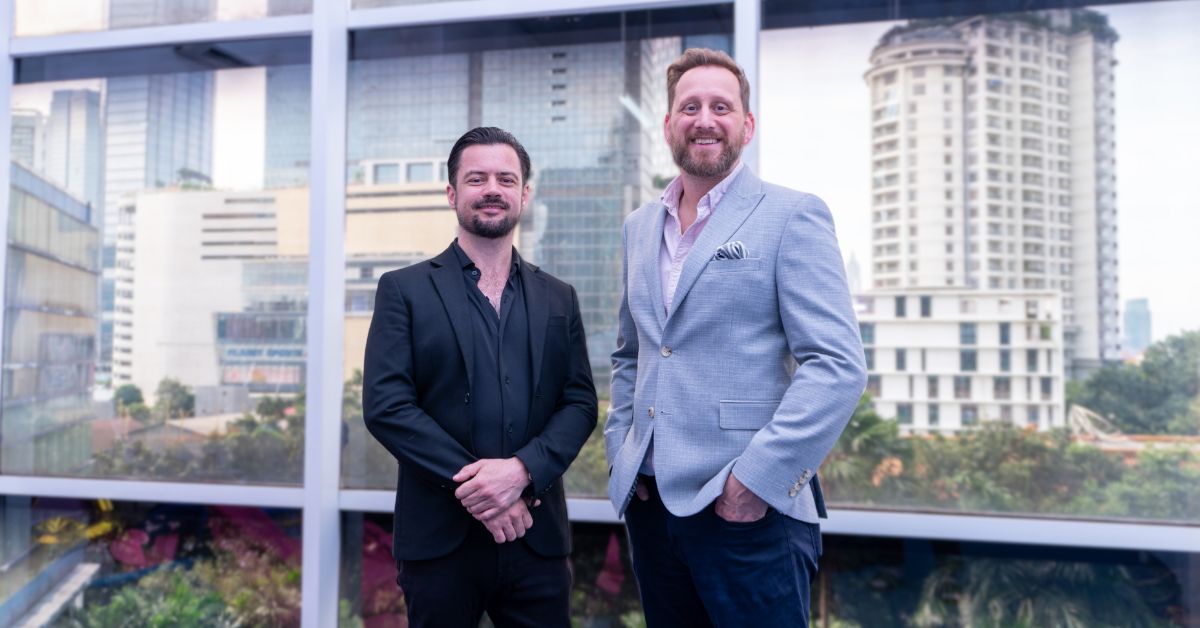When investing in property in Indonesia, understanding the two distinct types of ownership – leasehold and freehold – is crucial. Leasehold involves the right to use and occupy a property for a specific period, typically 25 to 35 years.
Freehold, on the other hand, grants absolute control over the property without any time restrictions. Both options have advantages and disadvantages that significantly impact the property ownership journey in Indonesia, whether you are a local or an expatriate.
Indonesian Property Trends
Over the past decade, Indonesian property has seen a surge. With a population exceeding 270 million and a rapidly growing middle class, the demand for property has increased. Government policies aimed at attracting foreign investment have further fueled market growth.
Despite the optimistic outlook, challenges remain, including high-interest rates and bureaucratic hurdles. Nevertheless, experts remain bullish on the trajectory of Indonesia's property market.
Understanding Leasehold and Freehold
Distinguishing the differences between the two types of ownership rights is critical for buyers and sellers. Leasehold provides limited ownership for a specific period – typically 25 to 35 years. Freehold, on the other hand, grants unlimited rights to the property and its land.
These differences affect the buyer's rights, obligations, and potential resale value. Leasehold properties often involve additional costs such as ground rent and service charges, which impact the buyer's financial planning.
Leasehold in Indonesia (Hak Pakai)
With a 25-year leasehold title and potential for extension, a villa offers a fantastic investment opportunity for those seeking a more flexible tenure. Leasehold properties allow occupants to enjoy the exclusivity and amenities of the property during the lease period.
Leasehold property in Indonesia signifies ownership on a leasehold basis. Individuals or businesses acquire the right to occupy and use a property for a specific period under this setup, typically 25 to 35 years, which can be extended.
Lower initial costs, ease of leasehold transfer, and avoidance of certain ownership restrictions are the advantages of leasehold ownership. However, risks of lease termination, limited property control, and potential hurdles in financing are the drawbacks.
Freehold Ownership in Indonesia (Hak Milik)
Case Study:
You purchase a property in Bali, with panoramic views of lush greenery and the tranquil Indian Ocean. This stunning property encompasses 1,000 square meters of land with full ownership, comprising four spacious bedrooms, a contemporary open living area, a private infinity pool, and beautifully landscaped gardens.
With a freehold title, the owner has complete control over the property, including the land it sits on, without any time restrictions.
Benefits include security, total property control, and the ability to inherit it. However, drawbacks include higher acquisition costs, foreign ownership restrictions, and potential land disputes.
Property Rights and Control
Property rights and control play a crucial role in Indonesian property ownership. Leasehold properties are owned temporarily for 25 to 35 years, while freehold grants perpetual ownership. Leasehold may involve limited ownership and specific conditions as per the lease agreement, requiring understanding for assessing ownership and control.
Contract Duration and Terms
The core difference between leasehold and freehold lies in the duration and terms of the contract. Leasehold involves a specific period, typically 25 to 30 years, which may be renewable, while freehold guarantees perpetual ownership, allowing inheritance or sale at the owner's discretion.
Investment Flexibility and Prospects
Investment flexibility and long-term prospects distinguish leasehold and freehold properties in Indonesia. Leasehold offers rental income potential due to its time-bound nature, while freehold assures long-term investment, stability, and possible value appreciation. Choosing hinges on an investor's goals and preferences.
Financial Considerations and Costs
Financial considerations are crucial when choosing between leasehold and freehold. Understanding their key differences aids in informed decision-making. Leasehold involves periodic rent payments with ongoing costs, while freehold has no time limit, involving higher upfront costs but long-term security and potential value growth.
Pros and Cons to Consider When Choosing Property Type Best in Indonesia Personal Needs and Future Plans
Aligning personal needs and long-term plans guides the decision when buying property. Leasehold offers temporary residence and flexibility, while freehold guarantees security and long-term investment. Suitability depends on the duration of residence or investment goals, aligning with personal aspirations.
Financial Ability and Risk Tolerance
Carefully considering financial ability and risk acceptance helps in choosing leasehold versus freehold. Leasehold involves lower upfront costs but ongoing charges and limited control. Freehold offers ownership but may have higher upfront costs and market risks, requiring an understanding of one's capacity and risk tolerance.
Location and Market Trends
Analyzing location and property trends influences the choice. Leasehold, being rented for a period, differs from freehold's perpetual ownership. Understanding ownership duration, legal rights, and investment potential aids in wise decision-making, seeking advice from local experts for clarity.
Choosing the Right Property in Bali for Foreigners
Selecting the suitable property type in Bali, especially for foreign individuals, involves several considerations. Here are some tips to help make an informed decision:
- Familiarize yourself with Indonesian property laws and regulations regarding foreign ownership of property. Regulations may differ for each option. Seek legal advice from a reputable Indonesian lawyer specializing in property. Additionally, consult an experienced real estate agent familiar with the Bali property market.
- Conduct thorough due diligence on the property, including its title, permits, and potential legal encumbrances, regardless of the ownership type.
- Assess your comfort level with the associated risks. Leasehold may pose uncertainty regarding lease renewal, while freehold offers stability.
- Consider your lifestyle preferences and how they align with the property type. Freehold ownership may provide more freedom for personalization and long-term settlement.
Memahami cara beli dan sewa properti di Bali
Memahami perbedaan properti sangat penting. Mencari bantuan profesional untuk membantu proses pemilikan properti Indonesia yang kompleks dan membuat keputusan tepat sesuai ketentuan yang berlaku. Lets Move Group membantu anda dengan saran yang disesuaikan untuk investasi properti sewa atau milik di Indonesia. Jelajahi artikel-artikel informatif lainnya tentang pinjaman KPR dan Properti atau hubungi konsultan kami untuk pengetahuan lebih lanjut!












